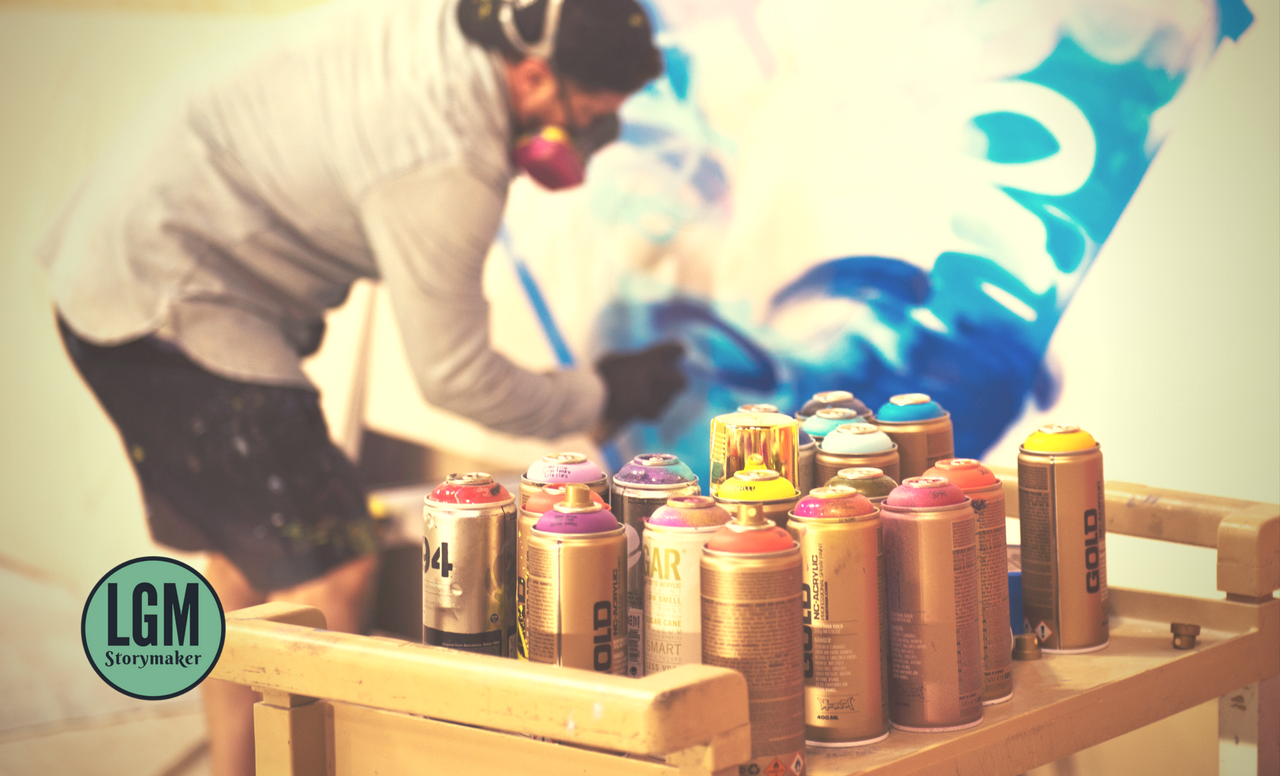041 - The Psychology of Creativity: A Research Project
The depth and width of The Psychology of Creativity is endless, but worth the pursuit nonetheless me thinks.

Image by Tim Mossholder
The depth and width of The Psychology of Creativity is endless, but worth the pursuit nonetheless me thinks.
Welcome to the Editor’s Journal; A daily thought on writing, the creative process, art, work, the world and how it all goes together. Every morning I rise early, I sit here in the quiet of my kitchen and I write whatever’s prominent. I have a bunch of article ideas saved, so I’ll either pull from them or write something new. I also write at larrygmaguire.com. I hope you enjoy the read.
I am passionate about creativity. There’s nothing I want more right now than to be an influence to at least one person in the following of their creative urges.
I’m not sure where it comes from exactly. Likely it’s a natural desire that has been born from my own experience, but to put a fine point on it is impossible for me to do.
All I know is it’s there.
So I’ll follow it.
I’m studying a BA in psychology at the moment and by the end of this coming academic year I need to decide on a research project, and what better topic than creativity.
Now admittedly I’ll need to dig into the subject matter and decide a particular route but I certainly think it’s a subject that can endure in me all the way to PhD.
Starting now is a good idea. It gives me plenty of time to research, build a body of work and create products related to creativity.
Some History On The Psychology Of Creativity
Psychology in general is a very young science, having it’s basis in philosophy. Science as we currently know it is not even that mature given that empirical methods of combining theory with practice are only a couple hundred years old.
Creativity has been somewhat of a fringe research subject in psychology. The majority of research carried out over the last 100 years has primarily been focused on psychopathology and the reason for negative and dysfunctional behaviour.
Not much money or time has been devoted to the positive side to cognitive function and behaviour. Although there are exceptions such as that conducted by Mihaly Csikszentmihalyi and Howard Gardner to name but two.
Creativity as a field of study did show itself somewhat in the mid 20th century but didn’t catch hold.
In 1943 Psychologist Joy Guilford, Chief of the Psychological Research Unit at U.S. Army Air Forces Training Command Headquarters in Fort Worth, conducted research to identify fighter pilots who could respond to difficult and urgent circumstances.
IQ was a new and popular measure of intelligence at the time and the US Air Force used it to gauge the suitability of pilots for the demanding role. But it wasn’t enough. Something was missing in their selection process and graduation was lower than desired.
Guilford made several discoveries in studying the pilots including that creativity was not the same as what was understood to be intelligence. We know that even more now with the work of psychologists such as Rex Jung. Guilford also found that divergent thinking is central to creativity and that we could develop tests to measure divergent thinking skills.
Although Joy Guilford presented his findings in a lecture to the American Psychological Association (APA) in 1950 calling for an increased resources for the study of creativity, the plea largely fell on deaf ears.
This was a time when the work of behaviourist psychologists such as B.F. Skinner was far too important.
The Psychology of Creativity: A Hot Topic
The last 20 years has seen an increased appetite for understanding of creativity, with interest being driven hard from the business world where creativity and innovation are hot topics.
Check out the Adobe State of Create 2016 survey results;
Where does creativity come from?
What is the relationship between creativity and intelligence?
Can we measure creativity?
Can we learn how to be creative?
Who knows the answers to these questions.
I personally believe that creativity should remain a mystery, that’s what makes it interesting. To uncover the reasons why one person can paint a masterpiece or come up with imaginative solutions to problems, and others cannot, takes the beauty out of it.
The reason the universe and existence itself is so remarkable is that it’s a mystery. Find the answers and it’s not any longer. In fact you take away the entire reason for existence when you have all the answers.
One thing I feel is assured; the more we chase the answers the more they run away. And that’s how it should be.
I’m not entirely sure what exact direction my studies will take, however I will continue to write on the subject and I’d love if you can along.
The Artist’s Manifesto is a short book about staying true to our art. It is a call to Artists and Creatives like you to create from the heart with passion and integrity, disregarding the need for applause and recognition. It’s available from 13th May 2017. Grab your FREE copy here.
Like More of This Kind of Thing?

Howdy, I’m Larry, Writer & Artist. Thanks for taking the time to read my stuff. I write about art, creativity, business & marketing. When I’m not doing that I write short stories about the ordinary lives of people and the challenges they face. My stuff can be edgy, hard hitting, and sometimes controversial, but never contrived. If that’s your bag you can Sign-up To Sunday Letters Here.

